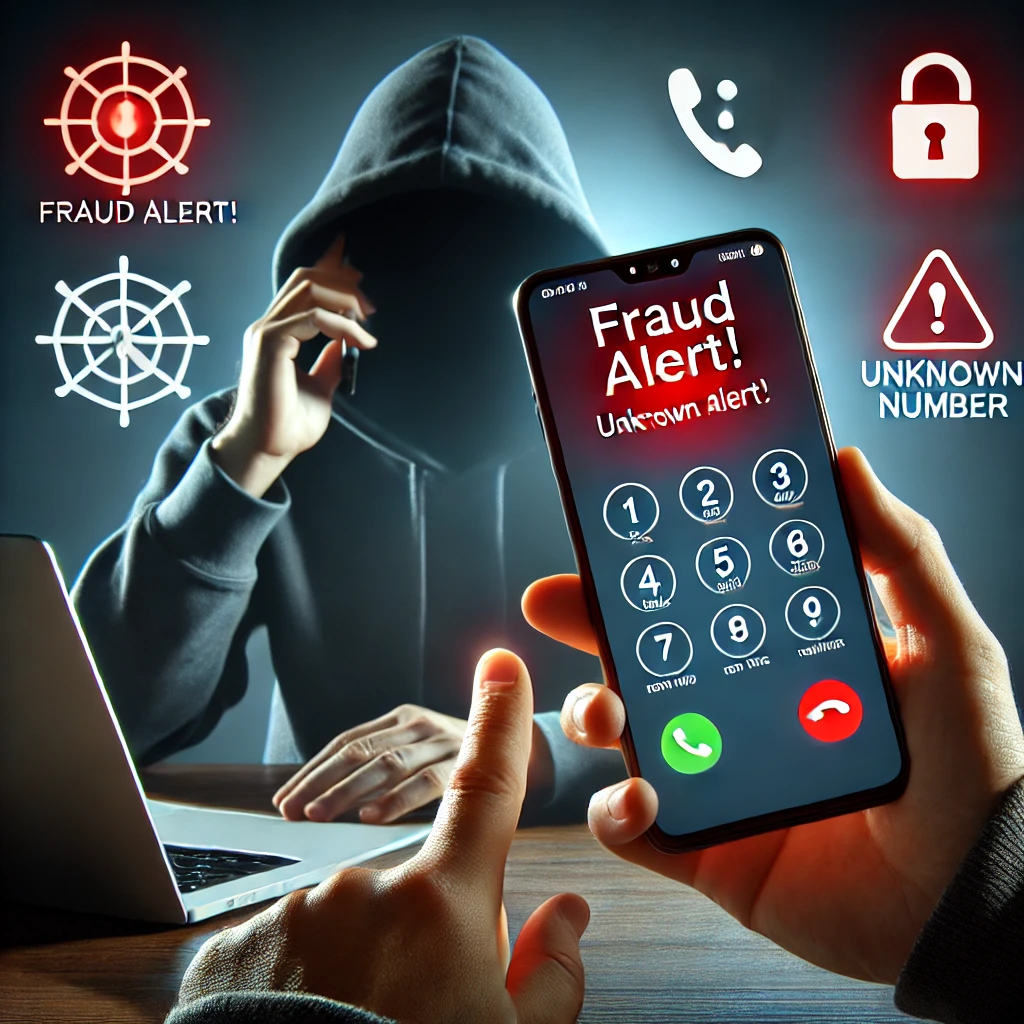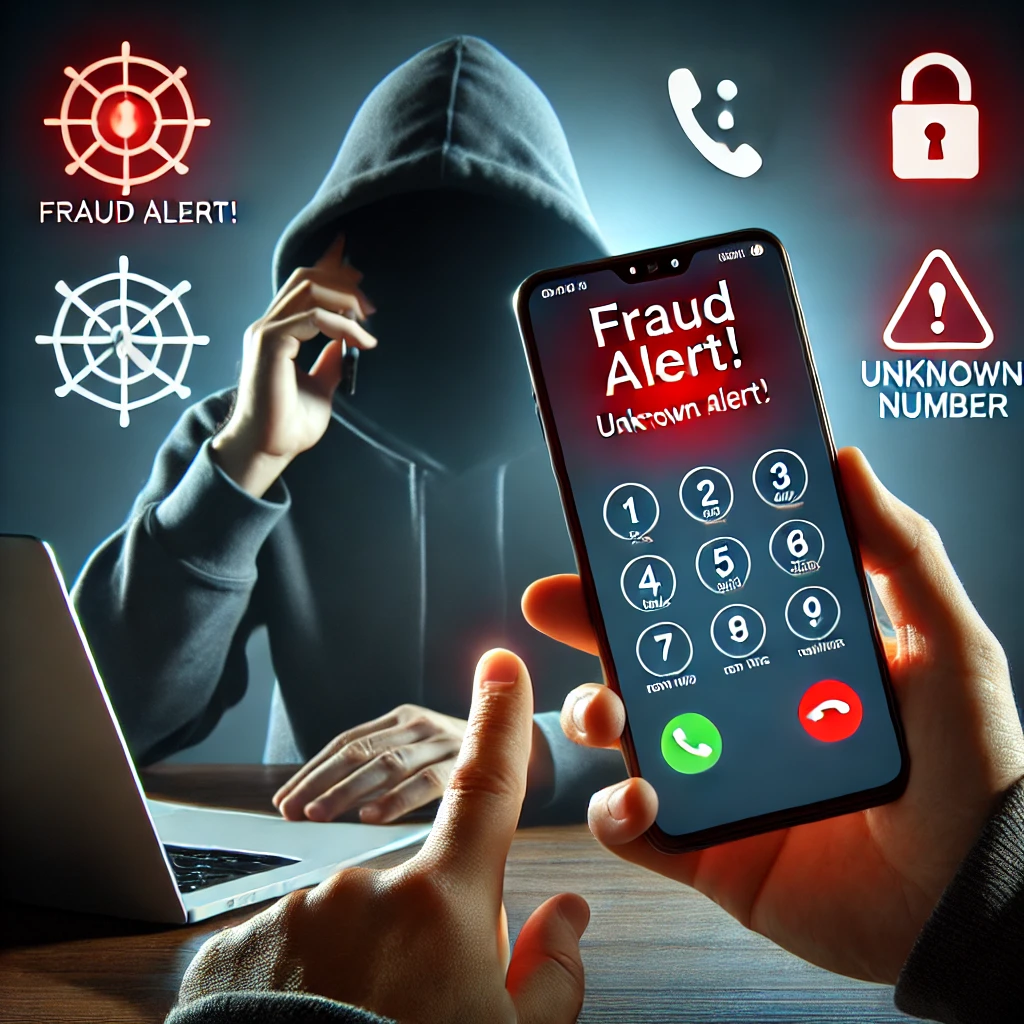How to Protect Yourself from Phone Scams 01772342898

Phone scams ( 01772342898 ) have become a growing problem, targeting individuals with deceptive tactics to steal personal information and money. Scammers often pose as trusted organizations, pressuring people into making hasty financial decisions. Being aware of their methods and knowing how to respond can help prevent falling victim to these frauds. This guide will provide effective strategies to recognize and avoid phone scams, ensuring you and your loved ones stay safe.
1. Avoid Sharing Personal Information Over the Phone
Why Scammers Request Personal Information
Fraudsters pretend to be representatives from banks, government agencies, or well-known companies to trick individuals into revealing sensitive details like Social Security numbers, bank accounts, credit card details, and passwords. must read Beware of Scam Calls from 01443 544990: Smart Meter Fraud Alert
How to Stay Safe
If you receive a call requesting personal information, hang up immediately. Contact the organization using official contact details from their website. Genuine companies never ask for confidential information over the phone without prior verification.
2. Be Cautious of Unsolicited Calls
Tactics Used by Scammers
Scammers create urgency by pretending to be law enforcement officers, tax agencies, or tech support agents. They may claim you owe money, your account has been compromised, or you’ve won a prize.
How to Respond
Never rush into action. If a caller pressures you, hang up and verify the claim through an official source. Scammers rely on fear and urgency to trap victims.
3. Report Scam Calls to Authorities
Why Reporting Matters
Reporting scams helps law enforcement track fraudulent activities and prevent others from being targeted.

Where to Report
- Federal Trade Commission (FTC): www.reportfraud.ftc.gov
- Federal Communications Commission (FCC): www.fcc.gov/complaints
- Local law enforcement agencies
- Your phone service provider
4. Use Call Blocking Features
How Blocking Helps
Call-blocking tools filter known scam numbers, reducing the risk of unwanted calls. Many phone carriers and mobile devices provide built-in call-filtering options.
Steps to Enable Blocking
- Activate call screening on your smartphone.
- Register with the National Do Not Call Registry (www.donotcall.gov).
- Use third-party call-blocking apps like Truecaller or Hiya.
- Contact your phone provider for additional security features.
5. Educate Friends and Family About Scams
Importance of Spreading Awareness
Scammers often target vulnerable individuals, such as the elderly. Educating loved ones helps prevent them from becoming victims.
How to Help
Discuss common scam tactics with family and friends. Encourage them to verify unknown calls and report suspicious activity immediately.

6. Stay Informed on New Scam Tactics
How Scammers Evolve
Fraudsters adapt their methods, using technology like voice spoofing and deepfake audio to sound more convincing.
How to Stay Updated
- Follow updates from consumer protection agencies.
- Read cybersecurity news.
- Subscribe to scam alerts from banks and mobile carriers.
- Join online forums discussing fraud prevention.
7. Key Points to Remember
- Never share personal or financial details over the phone.
- Be skeptical of unknown calls, especially those demanding urgent action.
- Legitimate organizations do not request sensitive information via phone.
- Report scam calls to the appropriate authorities.
- Use call-blocking tools to reduce scam risks.
- Warn family and friends about common scams.
- Verify a caller’s identity before sharing any information.
- Avoid answering calls from unfamiliar numbers.
- Keep up with emerging scam trends.
- Trust your instincts—if a call seems suspicious, hang up immediately.
8. Disadvantages of Falling for Phone Scams
- Financial Loss – Victims often lose large sums of money.
- Identity Theft – Scammers steal personal data for fraudulent use.
- Emotional Distress – Being scammed can cause anxiety and stress.
- Loss of Trust – People become wary of legitimate calls.
- Privacy Breach – Personal information can be misused.
- Legal Issues – Victims may get unknowingly involved in fraud.
- Harassment – Scammers often continue targeting past victims.
- Elderly Exploitation – Older adults are frequently targeted.
- Wasted Time – Handling scam calls disrupts daily life.
- Cybersecurity Risks – Some scams involve malware and hacking.
- Emotional Manipulation – Scammers exploit fear to force decisions.
- Reputational Damage – Businesses can suffer trust issues.
- Bank Freezes – Victims’ accounts may be locked for security reasons.
- Difficult Recovery – Stolen money or data is often hard to reclaim.

9. Frequently Asked Questions (FAQ)
1. How can I tell if a phone call is a scam?
Look for red flags such as unknown numbers, urgent demands for money, threats of legal action, or requests for personal information. If the number 01772342898 calls you, verify it before taking any action.
2. What should I do if I receive a scam call?
Hang up immediately and report the number to the appropriate authorities. If you receive a call from 01772342898 and suspect it to be a scam, do not engage.
3. Can scammers steal my information just by calling me?
No, but if you provide personal information over the phone, scammers can use it for fraud. Be cautious if you receive calls from unknown numbers like 01772342898.
4. How do I block scam calls?
Use built-in call-blocking features on your phone, third-party apps, or your service provider’s tools. If you want to block a specific number like 01772342898, use your phone’s settings.
5. Should I call back unknown numbers?
No, avoid calling back unknown numbers as they may be premium-rate scam numbers. If you receive a missed call from 01772342898 and do not recognize it, avoid returning the call.
6. What should I do if I accidentally provide my personal information to a scammer?
Immediately contact your bank, change passwords, and report the fraud to authorities.
7. Do scammers only target older people?
No, scammers target individuals of all ages, but the elderly are more vulnerable due to less familiarity with technology.
8. Can scam calls be traced?
Law enforcement agencies may be able to trace scam calls, but many scammers use temporary or spoofed numbers to hide their identity.
9. Are all robocalls scams?
Not all, but many unsolicited robocalls are scams. Be cautious and verify before taking action.
10. What laws protect against phone scams?
Laws such as the Telephone Consumer Protection Act (TCPA) and the Do Not Call Registry help protect consumers from fraudulent calls.
Conclusion
Phone scams are a persistent threat, but awareness and preventive measures can significantly reduce the risk. By being cautious, using call-blocking tools, and educating others, you can protect yourself from fraud. If something feels off about a call, trust your instincts—hang up and verify the information through official channels. Staying informed and vigilant is the best way to safeguard your personal and financial security.